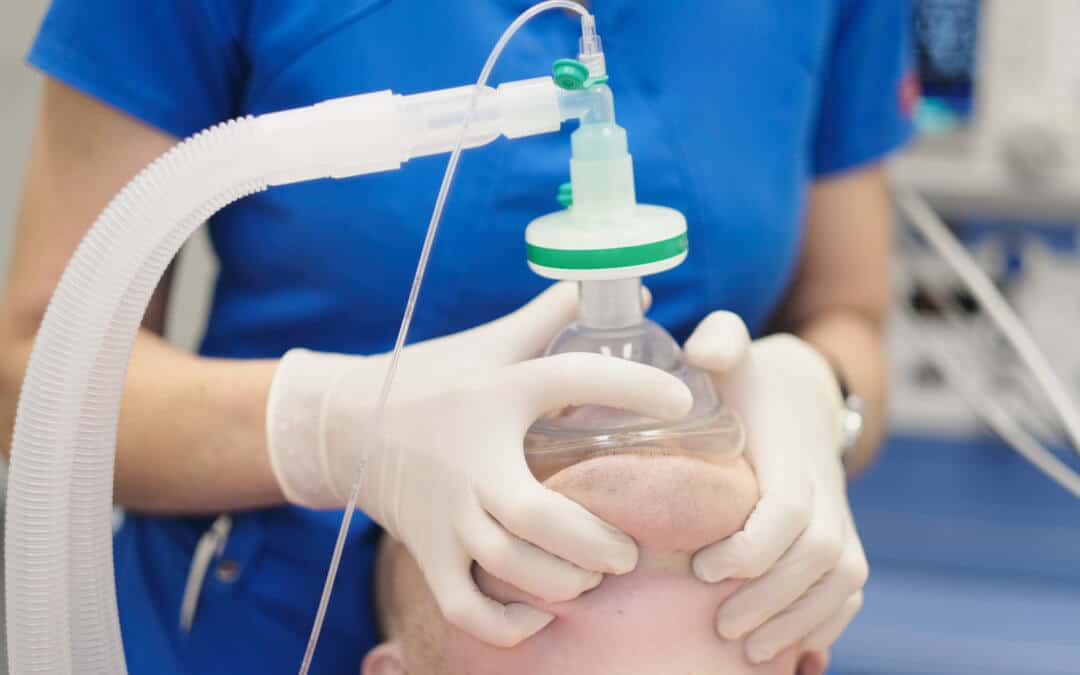If you’re considering taking your child to the dentist, then you might want to know waht your options are for sedation. Taking your child to the dentist is important since poor oral health in children is linked to lower grades and missing more school.
Is your child nervous about heading to the dentist? If so, then you might wonder about sedation dentistry for children.
This article will take a look at what you need to know when it comes to sedation options for your child. Read on to explore more about this and see how it’ll help to relax your child and have them receive the care that they need.
Why Sedation Dentistry for Children?
Dental anesthesia might be necessary depending on the procedure. In order to avoid your child experiencing discomfort, sedation will be given. If your child is anxious about going to the dentist, sedation will help to relax them.
The sedation we choose will depend on the procedure and the level of anxiety that your child experiences. For mild anxiety, nitrous oxide can help your child relax. Another term for nitrous oxide is laughing gas.
The Different Types of Sedation Dentistry
Depending on where you take your child, there are different types of sedation such as nitrous oxide, oral sedation, and intravenous sedation. Intravenous sedation will be an option for certain procedures and those with high anxiety. Your child won’t be as aware of the work that’s happening.
Oral sedation is where they receive a pill to take. They’ll help your child relax but won’t go to sleep.
Nitrous oxide is inhaled through a mask. It’s a mix of oxygen and nitrous oxide to help calm your child. When the procedure is complete, they’ll receive pure oxygen to get rid of any nitrous oxide.
Comforting Your Child
Before sedation, try to relax as much as possible since any concerns that you experience, your child might pick up. You can sing or talk to your child to help relax them before the procedure.
After Sedation
After the procedure your child might be nauseous or groggy. Have them take it easy for the rest of the day.
Keep in mind that children react differently after sedation. If your child feels nauseous, that’s completely normal.
They might be confused or fussy afterward. The amount of time it takes for the medication to wear off varies from person to person.
After Care
After they receive sedation dentistry, you’ll want to ensure that they only eat soft foods for the first few hours. Keep your child at home for the rest of the day, they can’t go to day care or school afterward.
Watch them to make sure that they don’t bite the inside of their mouth or tongue after the procedure. This can occur within the first couple of hours afterward.
When Is Sedation Required?
During dental procedures, sedation is required. Sedation will make sure that your child doesn’t experience pain during the procedure.
It’s sometimes required for those with special needs or behavioral disorders. The experience can be stressful to them and sedation can help calm them down.
Depending on your child’s level of anxiety, sedation might be required. For children that experience higher levels of phobias or anxiety, then a higher level of sedation might be given.
Sedation Defined
Dental anesthesia and sedation varies from mild to full sedation. Mild sedation means that the child is relaxed but awake.
Moderate sedation is where your child might start slurring their words when they speak. After the procedure, they might not remember what they said.
Full sedation is when your child is unconscious during the procedure. Deep sedation is when they’re aware but barely conscious.
When Do I Contact the Dentist?
Sedation is generally safe, but there are certain times that you’ll want to contact your dental office. If your child experiences excessive bleeding, pain, vomiting, or a fever, you’ll want to contact their dental office.
Can All Dentists Perform Sedation?
While many dentists can perform mild to moderate sedation, only a small number of dentists can perform full or deep sedation. Many dentists who perform deep or full sedation tend to be dental anesthesiologists or maxillofacial surgeons. If your dentist provides deep or full sedation, many states will require them to have a certification to do this.
Is Sedation Dentistry Safe?
When sedation dentistry is performed by qualified dentists, it’s safe. Explore your dentist’s qualifications and see how many sedation procedures they’ve performed. Your dentist will take your child’s health, weight, and age into account before providing sedation.
Let your dentist know about any medications or medical procedures that your child has. Speak with your dentist about any risks of sedation in advance and any questions that you have.
Exploring What You Need To Know About Sedation Dentistry for Children
After exploring this guide, you should have a better idea of what your choices are for sedation dentistry for children. Take your time speaking with your dentist to decide what option is best for your child.
Are you ready to get your child the proper dental care that they need and deserve? Here at Pediatric Dentistry of Hamburg we’re passionate about making your child feel relaxed and safe.
Each child is unique and with that will need the proper approach necessary. Contact us today, and we’ll come up with an action plan that meets your needs and helps relax your child. Say hello to safe dentistry, pearly whites, and prevent cavities!


Recent Comments